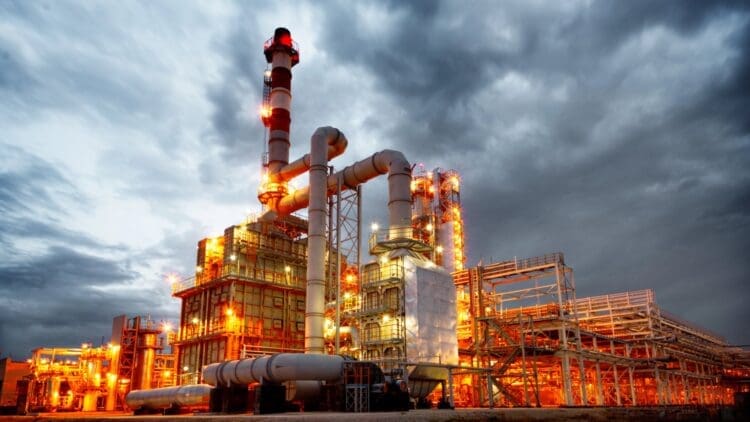The global upstream sector has faced a troubling 2025, and with the new year around the corner, the oil market is divided as to how 2026 will start. Oil prices spiked following the latest round of sanctions on Russia, which has led the OPEC+ eight members to halt production increases starting in January of next year. The OPEC+ organization, or the Organization of Petroleum Exporting Countries and allies’ members, is an essential barometer of how the oil industry is performing overall, and next year is set to see the organization pump the brakes and freeze production increases from January onwards for three months.
One last hike for the year, and then January will see a pause in production increases
8 of the 12 OPEC+ members have all agreed that the organization will hike production prices in December for one last time this year, and then from January onwards, will halt or freeze production hikes for three months.
Saudi Arabia, Iraq, Kuwait, the UAE, Algeria, Oman, Russia, and Kazakhstan have all agreed to an increase of their collective crude production ceiling by a further 137,000 b/d for December, marking a continuous trend over the past three months. However, those same eight nations have agreed to pause any increase for the new year as the market assesses the impact of sanctions on the OPEC+ member, Russia.
OPEC+ will pause its monthly increase for the first time since April
We simply can not understate the impact of the latest round of sanctions on Russia has had on the international energy sector. Oil prices skyrocketed minutes after the latest round of sanctions were announced. However, the OPEC+ eight have noted that they will, for the first time since April of this year, pause their monthly increases starting from January, extending through March.
The pause will allow the group to fully assess the impact of sanctions on Russia
With the war in Ukraine showing no signs of easing up any time soon, the EU and the United States rolled out their latest sanctions on Russian energy resources, leading to sharp increases in oil prices. The impact was so severe that Lukoil, one of the two Russian companies on which the US imposed significant sanctions, immediately started divesting foreign assets.
The group stated the purpose of the pause was to assess whether Russia can maintain its crude output under the new restrictions.
“The group wants to adopt a more cautious approach exactly like it did at the beginning of 2025, when it decided to delay the unwinding process of the initial 2.2mn b/d voluntary cut until April.” – OPEC+ delegate
Perceptions of the oil market remain divided, with the IEA stating it expects a significant supply surplus heading into the new year, and OPEC noting a more balanced market, underscored by strong demand this year and in 2026. State-owned Saudi Aramco also backed up OPEC+’s view of the market, noting it also expects a more balanced sector.
“Demand is strong, and the fundamentals are strong.” – Aramco’s chief executive Amin Nasser
The EU and the US’s sanctions on Russian energy have had far-reaching implications
The world is aiming to cut off ties with Moscow to force Putin to come to the negotiating table. So far, that approach has not worked as the war rages on, and even a sit-down with US President Donald Trump in Alaska could not sway the Russian leader from his stance. The result is that the EU has imposed a new wave of sanctions and has even gone so far as to plan a joint purchasing platform for non-Russian gas. Regardless of all that, OPEC+ will maintain its position and pause monthly increases starting from next year.





